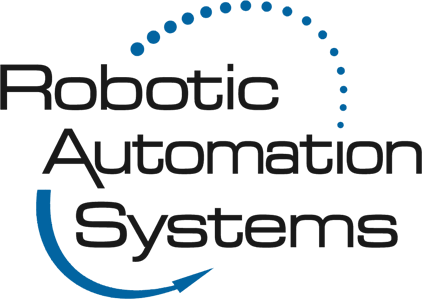What Is Mechanical Engineering Robotics?
Without the Engineers, There Would be No Automation
Looking at an assembly line or manufacturing plant and having an idea for a machine that would make the entire process more streamlined and cost-effective is a significant step forward for your business. But you need a mechanical robotics engineering specialist to make that vision a reality. Industrial robots have become an indispensable part of factories all over the U.S. They’re capable of completing a variety of tasks, such as welding, packaging, assembling, and many other automated processes. These machines are in great demand, and the professionals who design and build them are as well.
The Individuals Behind Industrial Robots
Mechanical engineering robotics and their automation functions are designed by engineers responsible for everything from the concept to putting together the physical structure. This includes the configuration, type of robot, joint mechanisms, axes, heat transfer characteristics, mounting positions, and more. They build these mechanisms using computer-aided design and other software programs to create and design new ideas and implement them to make the robot a reality. Robotic mechanical engineers keep robot automation moving forward.
Maintenance & Troubleshooting
There’s more to mechanical engineering than designing and building new robots. These teams of engineers are also responsible for the initial programming, ongoing maintenance, and troubleshooting of the mechanisms to ensure they continue to operate efficiently and safely. In short, mechanical engineers need to ensure industrial robots can perform the tasks they’re designed for. A critical part of the mechanical engineering and robotics team is implementing proper safety features in each industrial robot they build. Key safety features include:
- Force sensors
- Barriers
- Scanners
- And more
Mechanical Engineering Robotics Education and Training
With the demand for industrial robotics steadily increasing year over year, jobs in the field continue to grow and expand. Many colleges and universities have incorporated robotics into their engineering programs. Anyone interested in a career in mechanical engineering with a focus on robotics should pursue a four-year degree in mechanical engineering. Finding a school with a robotics program will offer even more experience. A degree in mechanical engineering will equip students with the education and knowledge in advanced science, math, mechanics, material engineering, manufacturing, and mechatronics.
Why Consider a Career in Robotics Mechanical Engineering?
As more plant and factory owners look to automate production in facilities all over the world, mechanical engineering in robotics is one of the fastest-growing industries year after year. Pursuing a career in this field provides many opportunities for graduates with this degree. As providers of industrial robots in the plastics industry, we’ve seen the demand for automation increase with the need for new and larger robots to complete tasks for businesses. This need for innovation and growth in demand is why robotic mechanical engineering is one of the most in-demand jobs than many others in the field of engineering.
